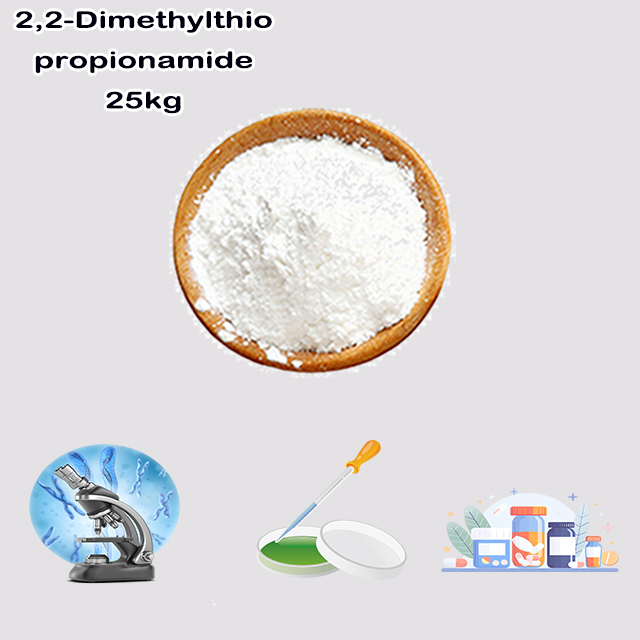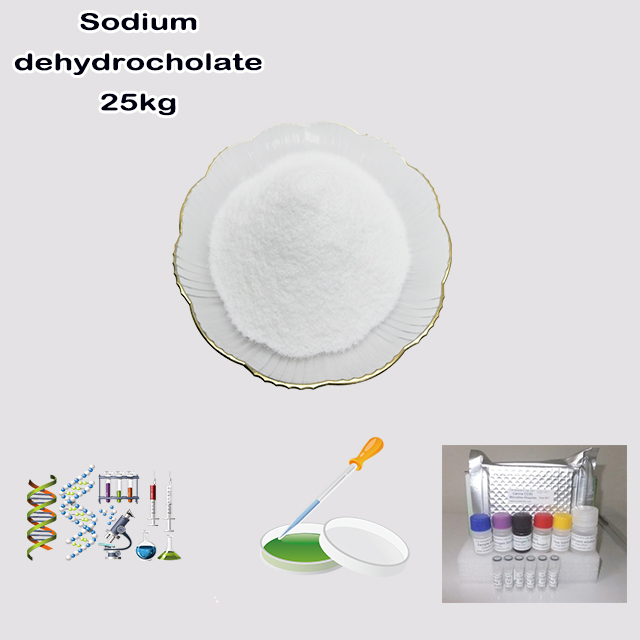
Search

Search

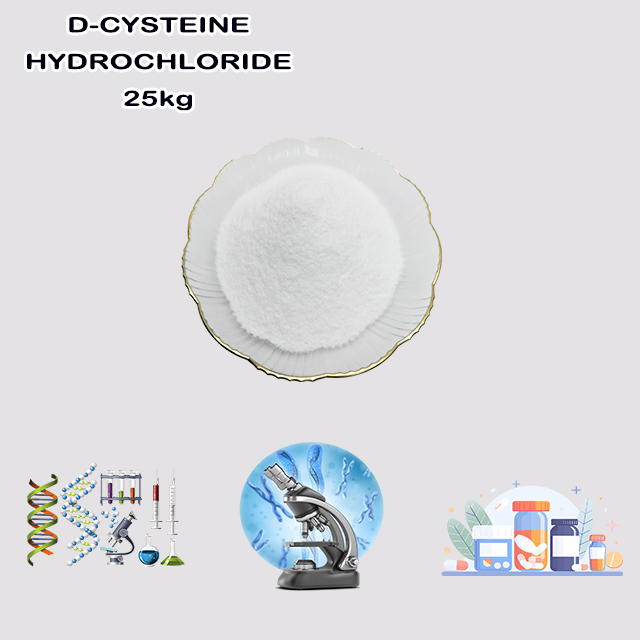
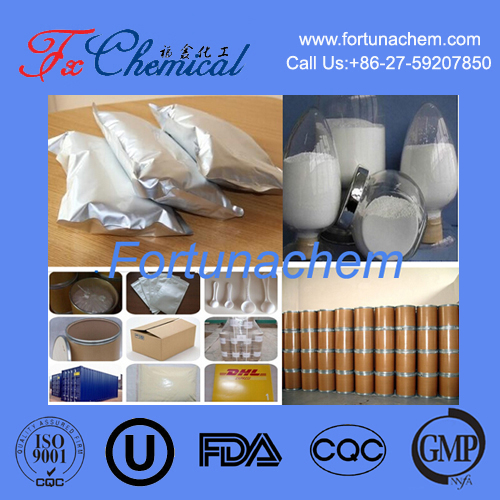
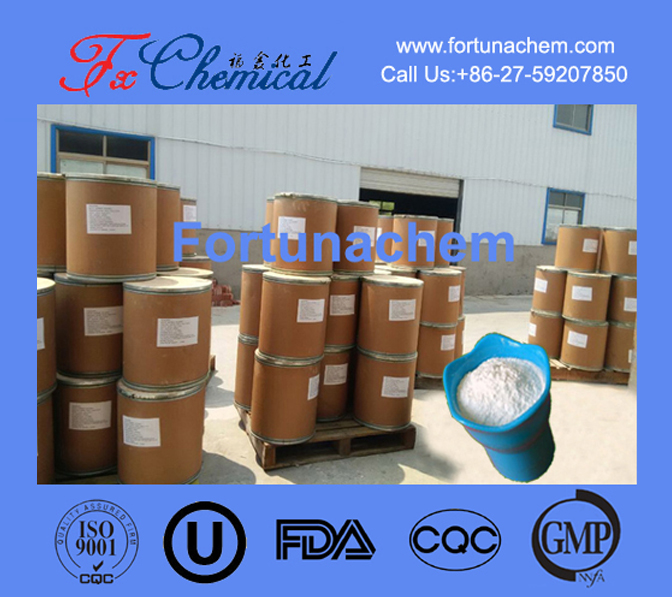
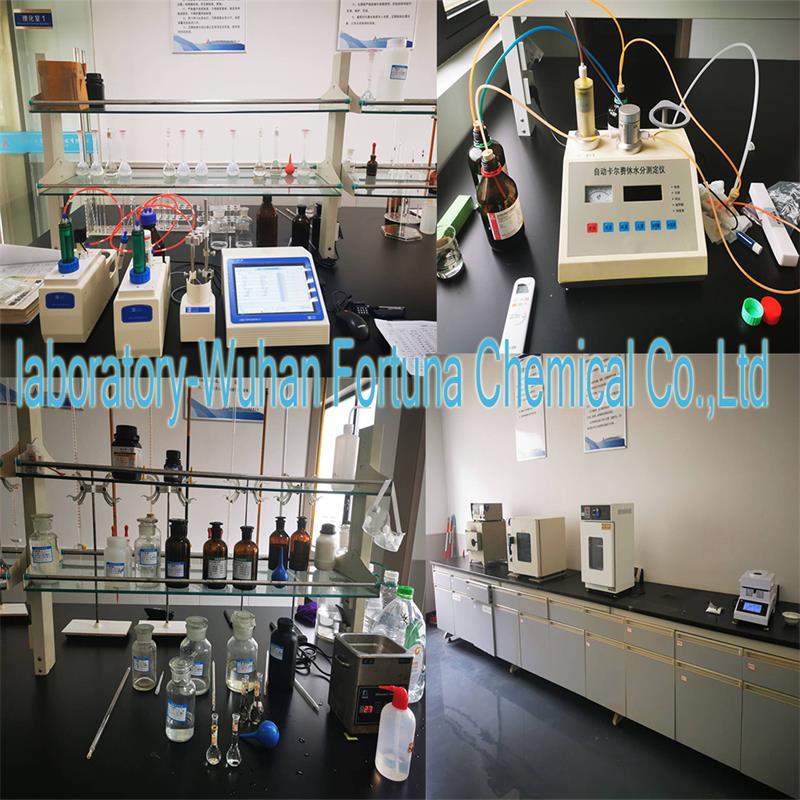
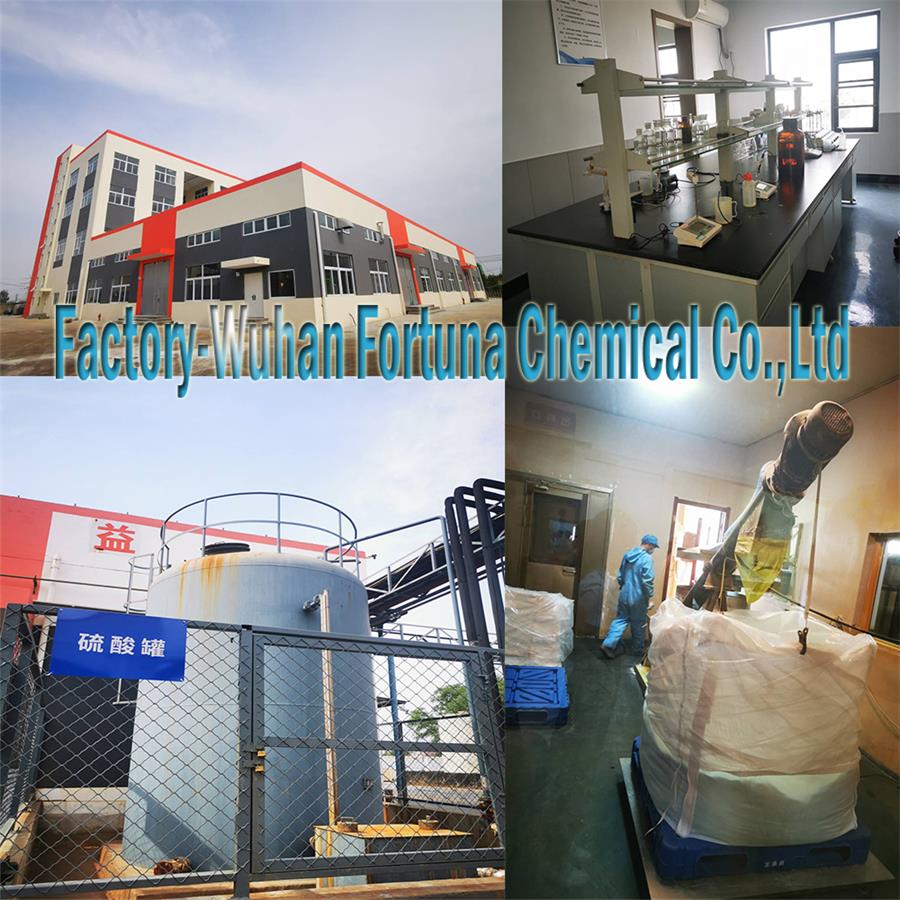





D-Cysteine Hydrochloride is the salt form of the non-natural, "right-handed" mirror image (D-enantiomer) of the amino acid cysteine. Unlike common L-cysteine, it is not used in human protein synthesis. Its primary value is in biochemical research as a tool to study enzyme specificity and as a chiral building block in synthesis. Notably, it shows potential in medicine for kidney protection, as specific enzymes in the kidneys can convert it into hydrogen sulfide (H₂S), a compound with protective cellular effects.
D-Cysteine Hydrochloride is the hydrochloride salt form of D-Cysteine, which is the D-enantiomer of the amino acid cysteine. Unlike the common, naturally occurring L-Cysteine, D-Cysteine is not used in protein synthesis by most living organisms and is relatively rare. Its primary significance lies in specific industrial, research, and biochemical applications.
Chemical Name: (R)-2-Amino-3-sulfanylpropanoic acid hydrochloride
CAS Number: 32443-99-5
Molecular Formula: C₃H₇NO₂S • HCl
Appearance: Typically a white crystalline powder.
Key Feature: It is the non-natural, mirror-image (stereoisomer) form of the proteinogenic amino acid L-Cysteine.
The "D" and "L" nomenclature refers to the molecule's chirality, or handedness.
L-Cysteine: This is the form found in nature and incorporated into proteins in all living organisms. It is biologically active and plays crucial roles in protein structure (forming disulfide bonds), antioxidant defense (as a precursor to glutathione), and detoxification.
D-Cysteine: This form is not recognized by the enzymes and ribosomal machinery in most organisms and is therefore not used to build proteins. Its biological activity is distinct and often inhibitory.
The unique properties of D-Cysteine hydrochloride lead to several specialized uses:
Biochemical Research:
Enzyme Studies: Used to probe the stereospecificity of enzymes. If an enzyme acts on L-cysteine, scientists can use D-cysteine to confirm that the reaction is specific to the "left-handed" form.
Inhibitor: It can act as an inhibitor for certain enzymes that process L-cysteine, helping to study their function and mechanism.
Preparation of Other Chemicals:
It serves as a chiral building block (a starting material with a specific handedness) in organic synthesis for creating more complex molecules, particularly in pharmaceutical research.
Potential Medical Applications (Research Stage):
Nephroprotective Agent: Promising research has shown that a specific enzyme (D-amino acid oxidase) in the kidneys can convert D-cysteine into a powerful hydrogen sulfide (H₂S) precursor. H₂S is a gasotransmitter with protective effects, suggesting D-cysteine could potentially be used to treat acute kidney injury. This is a key area of distinction from L-cysteine.
Antioxidant Properties: Like its L-form, it can still act as a direct antioxidant due to its thiol (-SH) group.
Food and Feed Industry (Limited):
While L-cysteine hydrochloride is widely used as a dough conditioner and flavor enhancer, D-cysteine is not used for this purpose as it is not metabolized in the same way.
| Feature | D-Cysteine Hydrochloride | L-Cysteine Hydrochloride |
|---|---|---|
| Chirality | D-enantiomer (non-natural form) | L-enantiomer (natural form) |
| Protein Synthesis | Not incorporated | Incorporated into proteins |
| Primary Use | Research, chiral synthesis, potential therapeutics | Food additive (dough conditioner), dietary supplement, pharmaceutical ingredient |
| Biological Activity | Often inhibitory; converted to H₂S in kidneys via a specific pathway | Metabolic precursor to glutathione, taurine; used in protein synthesis |
In essence, D-Cysteine Hydrochloride is a non-proteinogenic amino acid salt valued primarily for its role in scientific research as a stereospecific probe and inhibitor. Its emerging potential lies in medicine, where its unique metabolism in the kidneys could be harnessed for therapeutic benefit, distinguishing it fundamentally from its common L-form counterpart.
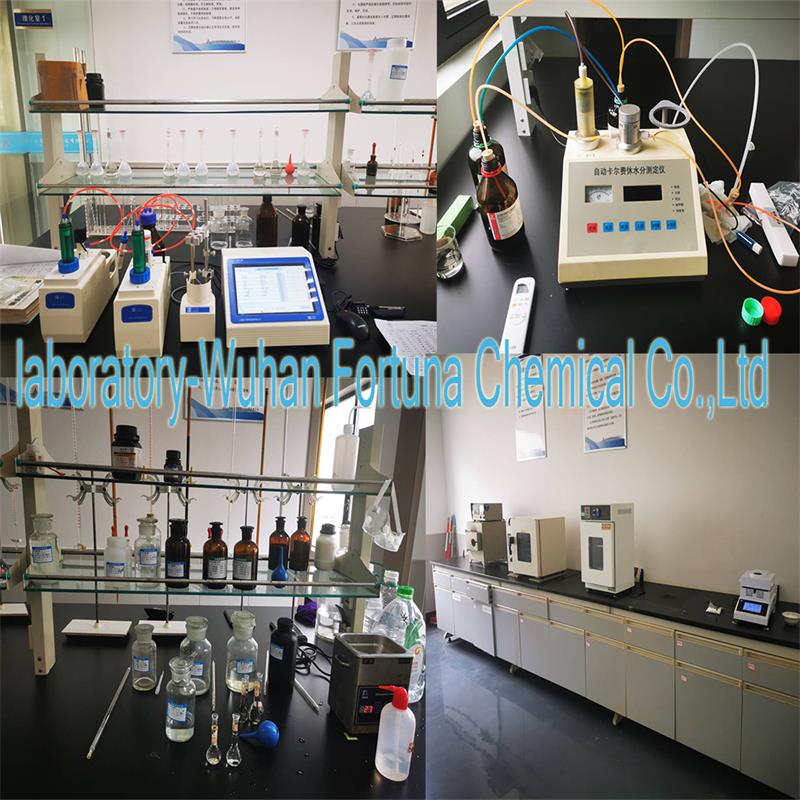
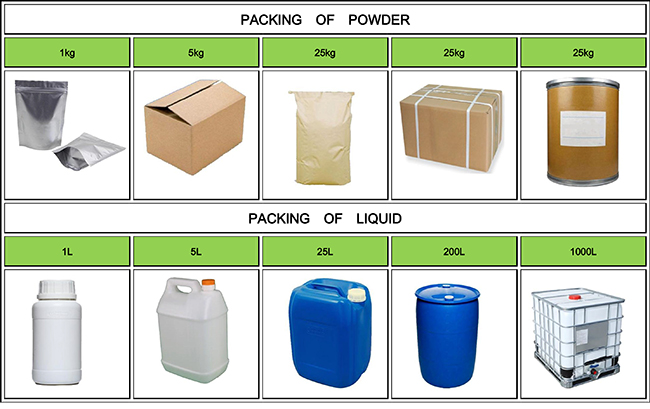
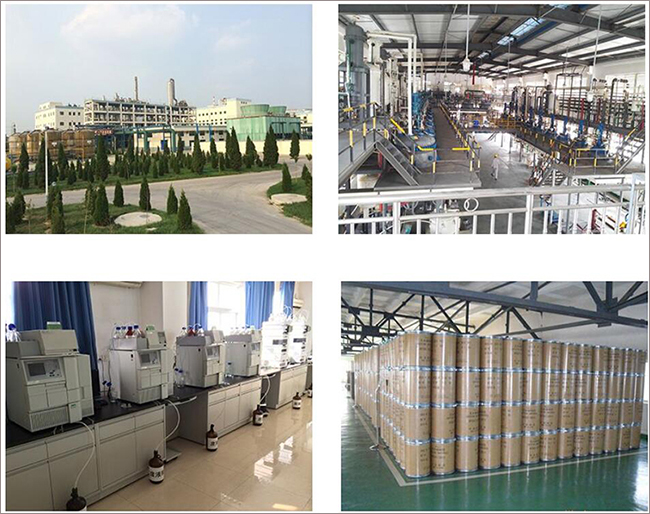

Fortunachem Provides Not Only Professional Chemical Products But Also Professional Help
Keeping you up-to-date with all the latest information, news, and events about Fortunachem!

Quick Links
Add:
E-mail:
 English
English  Español
Español  français
français  العربية
العربية 